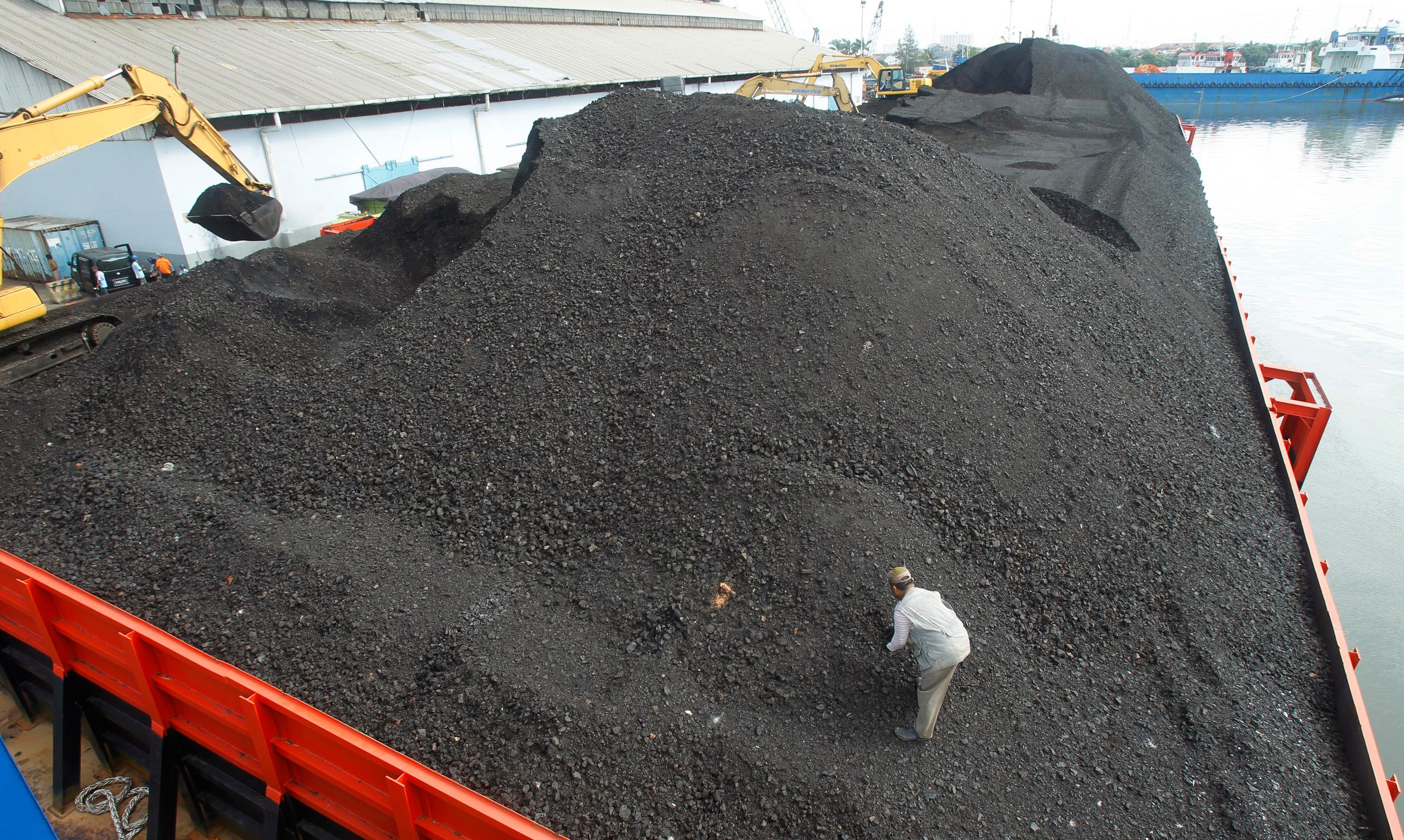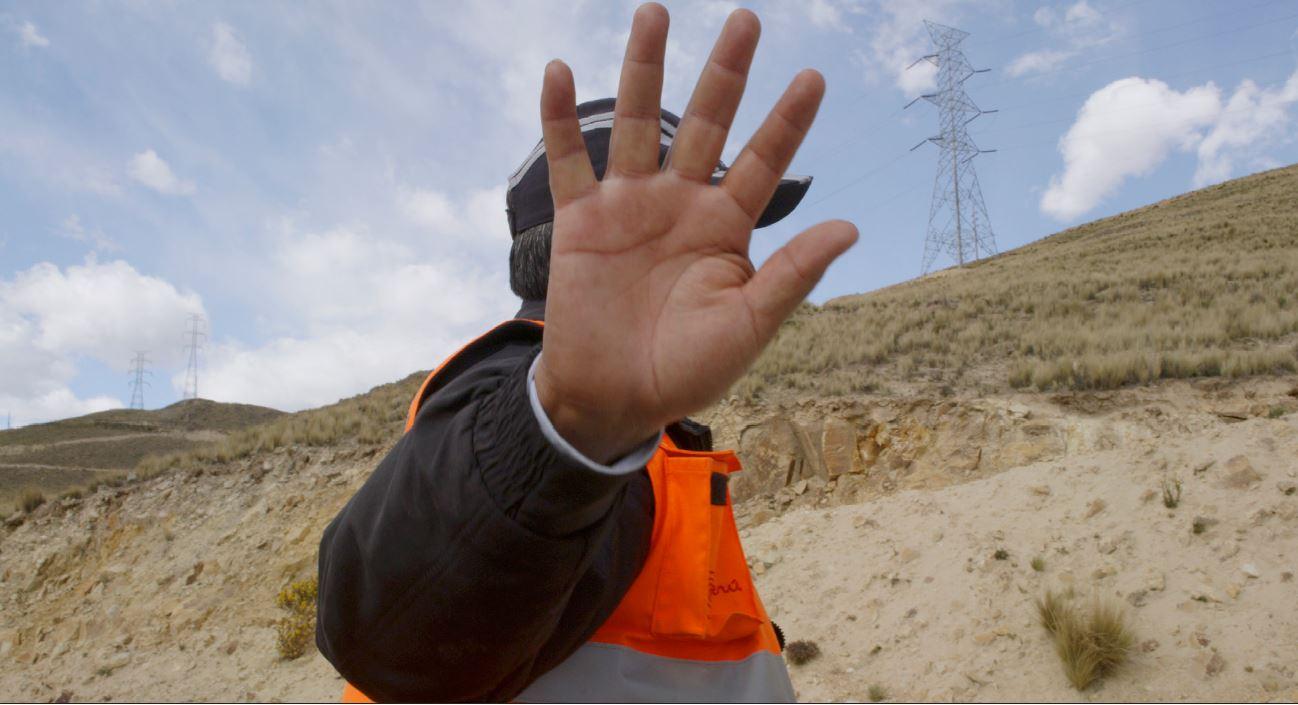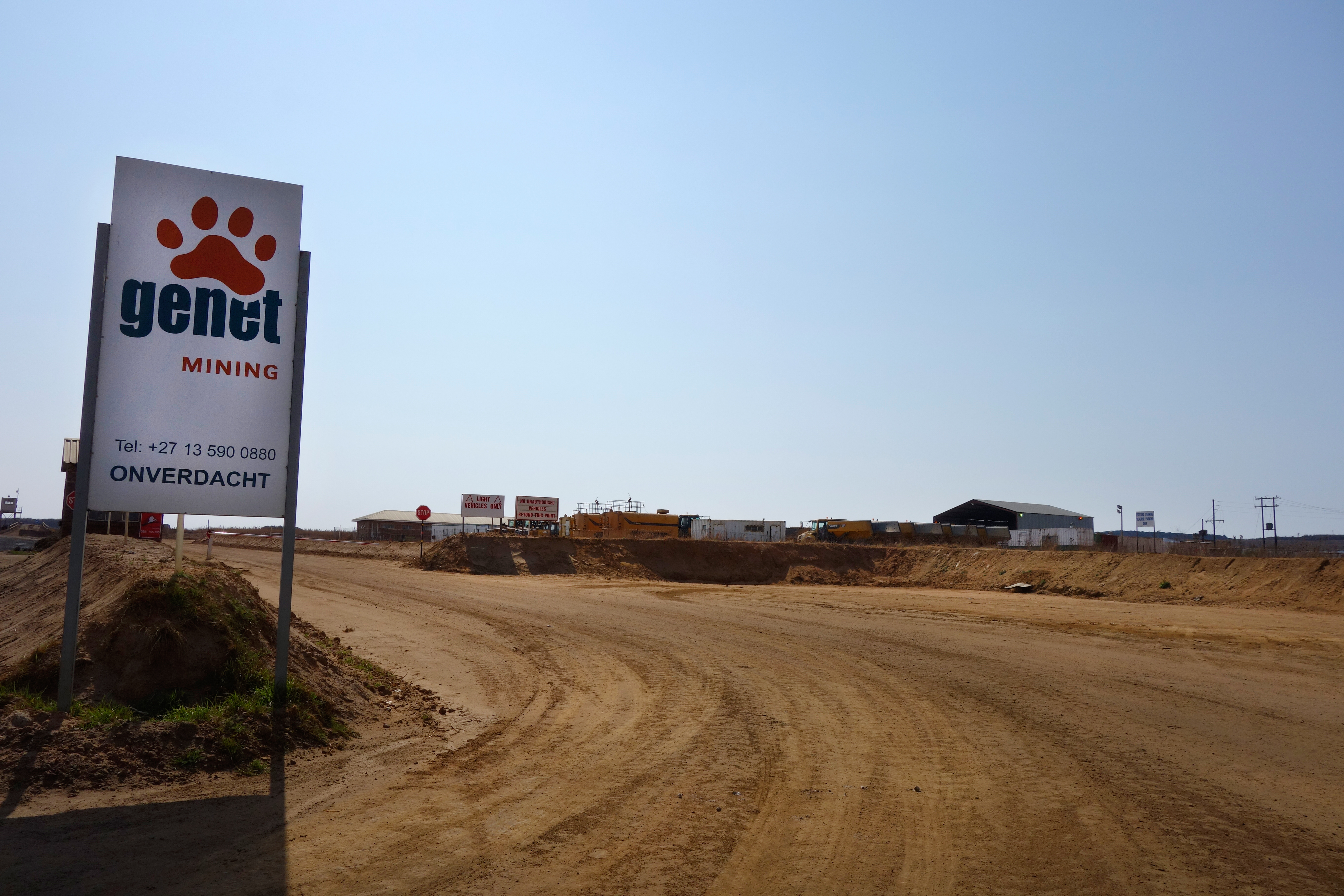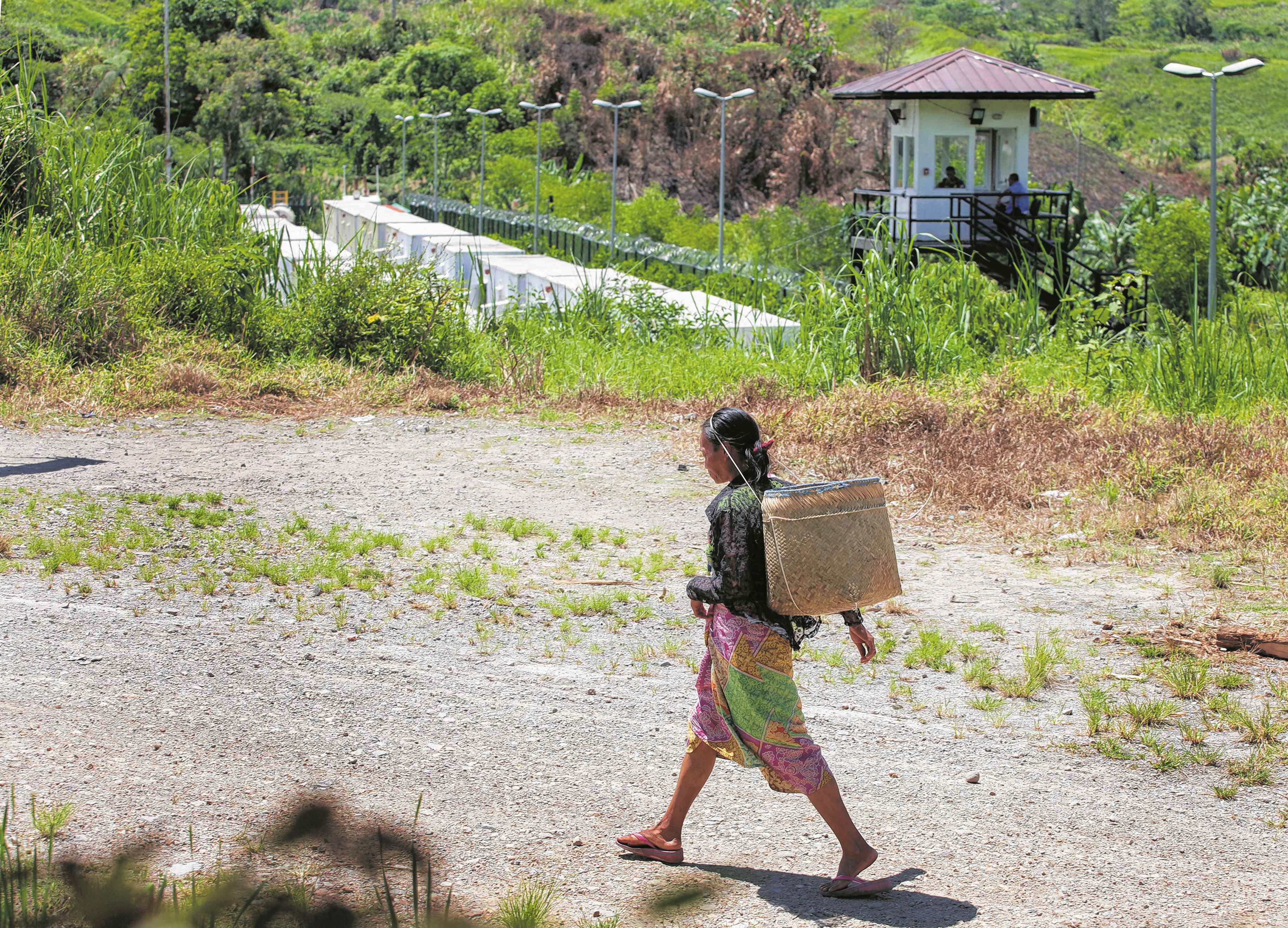Why Glencore bought out tycoon in Congo

After years doing business together in one of the world’s poorest countries, Swiss-based Glencore has dissociated itself from Dan Gertler, an Israeli mining tycoon implicated in the payment of bribes to the ruler of the Democratic Republic of Congo (DRC).
Glencore’s announcement last month that it would pay $534 million (CHF538 million) to Gertler to buy him out from their shared prize assets in the DRC – two giant copper mines – is designed to insulate the London-listed mining-cum-trading behemoth from the fallout of a widening corruption investigation involving the Israeli businessman, say people who have followed the saga.

More
Financial Times
External linkThe decision by Ivan Glasenberg, Glencore’s chief executive, highlights the risks of doing business in the resource-rich, war-torn central African country, where Gertler wields influence by virtue of his close friendship with Joseph Kabila, the DRC president.
Settlement documents released last September by US authorities in a scandal involving Och-Ziff, the New York hedge fund, alleged that an “Israeli businessman” – whose description clearly matches Gertler – had paid bribes to Kabila in order to obtain special access to mining rights in the DRC.
One banker who makes deals in the mining sector and owns Glencore shares says the company’s purchase of Gertler’s stakes in the two DRC copper mines is defensive. “Buying out Gertler is primarily about detoxification for Glencore,” he adds. “The Och-Ziff investigation in the US has made it very risky to have clear ties to him.”
Shareholders also say it makes sense for Glencore to buy out Gertler from the two mines, partly because of the Och-Ziff case.
Gertler has denied wrongdoing and says his efforts to bring billions of dollars in investment to the DRC deserve a Nobel Prize.

More
Glencore paid $5 billion to foreign governments
The Financial Times has established a paper trail that shows how Glencore helped Gertler to maintain his shareholding in one large copper mine in the DRC – and how the Israeli went on to use that stock to raise funds for what US authorities say was a bribery scheme. The trail weaves through opaque offshore havens and the world’s leading mining bourses.
Risky returns
It begins with a takeover battle nine years ago, waged well before Glencore’s blockbuster initial public offering in London in 2011.
In late 2008, the Toronto-listed Katanga Mining was on its knees. It controlled one of the planet’s highest-grade copper deposits, in the DRC’s Katanga province, but prices for the metal had tumbled.
In the thick of the financial crisis, no one would lend the company money – except Glencore, which under Glasenberg was hungry for high, and sometimes risky, returns.
Glencore’s largesse came in the form of a $265 million loan to Katanga Mining in January 2009 that could be turned into stock.
With Katanga’s share price having collapsed, when Glencore converted the loan into equity, it amounted to a take-over. The other shareholders were all but wiped out – except Gertler, whose interests the Swiss group’s actions helped to protect.
Gertler had built up a significant minority stake in Katanga Mining and Glencore’s “loan-to-own” arrangement would have heavily diluted his shareholding.
But instead, Glencore issued a loan of $45 million to Gertler in February 2009, which was channelled through Bermuda and the British Virgin Islands (BVI), and enabled him to preserve his shareholding in Katanga, according to corporate records.
Glencore made no such loan to other Katanga shareholders. Its loan to Gertler emerged only in 2014 when the paperwork was leaked to the campaign group Global Witness.
By the time of this loan in 2009, Gertler and Glencore had already had shared ownership of a mining business in the DRC – and the Israeli was well known as a controversial figure in the country.
Uncomfortable reading
As far back as 2001, UN investigators investigating the role of the mining industry in funding civil war in the DRC had pointed a finger at Gertler.
They reported that, in exchange for a monopoly on trading the country’s diamonds, he had supplied the then president Laurent Kabila with funds to buy weapons. Kabila was assassinated that year and succeeded by his son Joseph, with whom Gertler had struck up a friendship.
Gertler embarked on a string of secretive mining deals in the DRC that deprived the country of $1.4 billion in potential revenue, according to a 2013 report by the Africa Progress Panel, an advocacy body chaired by Kofi Annan, the former UN secretary-general.
Gertler has used an array of offshore companies to amass his interests in the DRC. The BVI-registered vehicle he used for the Katanga Mining transactions with Glencore was called Lora Enterprises Limited.

More
Heat is on for Swiss commodities sector
Its name would crop up again, last year, in a corruption scandal that has humbled one of New York’s leading hedge funds.
In September, Och-Ziff, a hedge fund with $39 billion under management, paid $413 million in fines to US civil and criminal authorities after admitting complicity in bribery in five African countries. The fund and the authorities released an agreed account of Och-Ziff’s misconduct. The section on the DRC made uncomfortable reading for Glencore.
The US prosecutors’ account states that, between 2005 and 2015, an “Israeli businessman . . . paid more than one hundred million US dollars in bribes to obtain special access to and preferential prices for opportunities in” Congo’s mining sector. It goes on to describe loans from Och-Ziff to the Israeli that were allegedly used, in part, to pay bribes.
The descriptions of two of the unnamed recipients of the alleged bribes indicate that they were President Joseph Kabila and his late right-hand man, Augustin Katumba Mwanke.
The description of the Israeli businessman’s dealings makes it clear that the source of the alleged bribes is Gertler.
His representatives said: “We dispute all accusations of wrongdoing in any of our dealings in the DRC including those with Och-Ziff . . . We dispute any allegation of bribery.”
The DRC government also rejected the allegations and praised Gertler’s commitment to the country.
Offshore transactions
According to the Och-Ziff settlement documents, in November 2010, Michael Cohen, the London-based executive who ran the fund’s African operations, emailed a subordinate to say that “[Mr Gertler] has asked for a margin loan on katanga shares which want u to handle”.
Cohen, who denies US civil charges of corruption, was referring to the significant minority shareholding in Katanga Mining that Glencore’s $45 million loan had enabled Gertler to maintain.
Within two weeks, Och-Ziff had sent $110 million in credit via the Cayman Islands to Gertler’s Lora Enterprises Limited. The same day, Lora repaid Glencore’s $45 million loan, plus interest. Then, it appears from the Och-Ziff settlement statement, Gertler is alleged to have used some of the remaining money for bribes, including four payments in eight days totalling $7 million to “DRC Official 1” – President Kabila.
Glencore stresses that, unlike other mining companies, it did not secure its entry into the DRC’s vast copper belt through a deal with Gertler, but rather ended up in business alongside him after independently acquiring interests in some of the country’s mining assets.
The Swiss group accepts that it has helped Gertler financially, but says its involvement in a string of offshore transactions that culminated in the alleged bribery by the Israeli ended well before any illicit payments were made.
Glencore said: “The loan that Glencore made to Lora was used by Lora in 2009 to fund its participation in a convertible loan to Katanga, which was ultimately exchanged for shares in Katanga. The loan was on commercial terms and was fully secured over the Katanga shares. The loan was fully repaid to Glencore in 2010, at which point the security was released. Following the release of the Glencore security, Lora was free to dispose of the Katanga shares or to use them as security for further financing.”
A spokesman for Fleurette, Gertler’s group, declined to discuss the transactions involving Lora but said that, because the company had bought its initial Katanga Mining shares before their value collapsed, it had suffered an overall $190 million loss on its dealings in the stock. He added that the two mining operations in which Fleurette was an erstwhile shareholder with Glencore “have generated $3 billion in tax for the people of the DRC”.
Attractive commodity
Last month, Glencore said it had bought Fleurette’s 10% stake in Katanga Mining. Glencore also purchased Fleurette’s 31% stake in the other shared DRC copper mining venture, called Mutanda Mining.
The stakes were valued at $960 million, but Glencore deducted the value of loans it had issued to Fleurette to help finance the two copper mines’ development, plus interest. This meant Gertler received $534 million in cash from Glencore.
Glencore now owns all of Mutanda Mining and 86% of Katanga Mining. Its increased ownership of the two assets gives the group greater exposure to copper, viewed as one of the most attractive commodities in the industry.
Glencore has not entirely cut its ties with Gertler. He will continue to receive tens of millions of dollars in royalties each year from Glencore’s copper deposits under a deal with Gecamines, the DRC’s state-controlled mining company. However, his royalty rights at Katanga Mining are unlikely to bring in much: they expire in 2019, not long after the asset, currently closed for an upgrade, is due to restart operations.
Copyright The Financial Times Limited 2017

In compliance with the JTI standards
More: SWI swissinfo.ch certified by the Journalism Trust Initiative












You can find an overview of ongoing debates with our journalists here . Please join us!
If you want to start a conversation about a topic raised in this article or want to report factual errors, email us at english@swissinfo.ch.